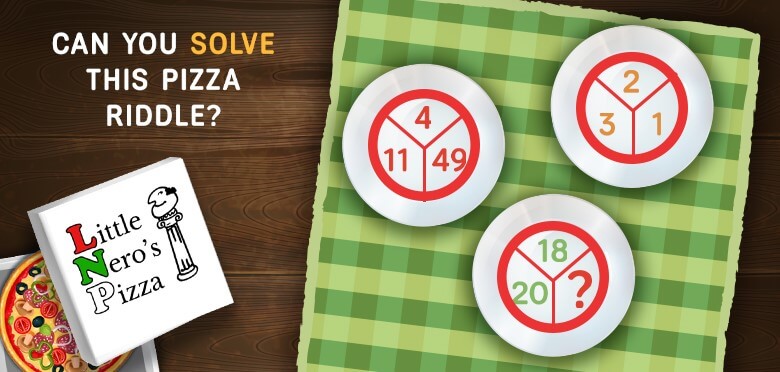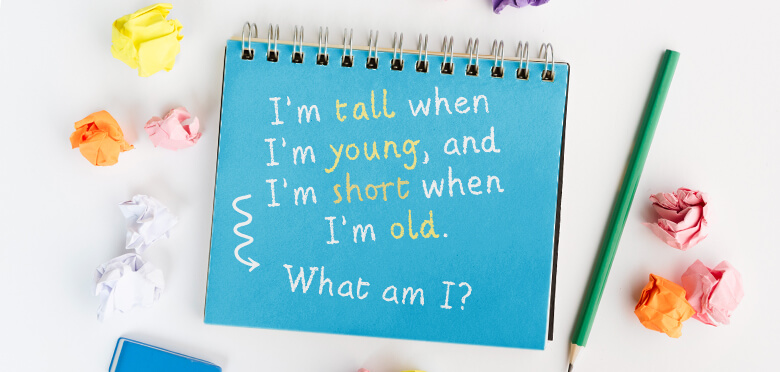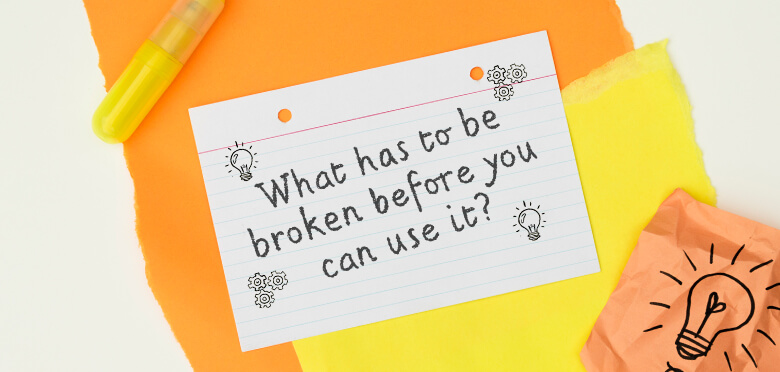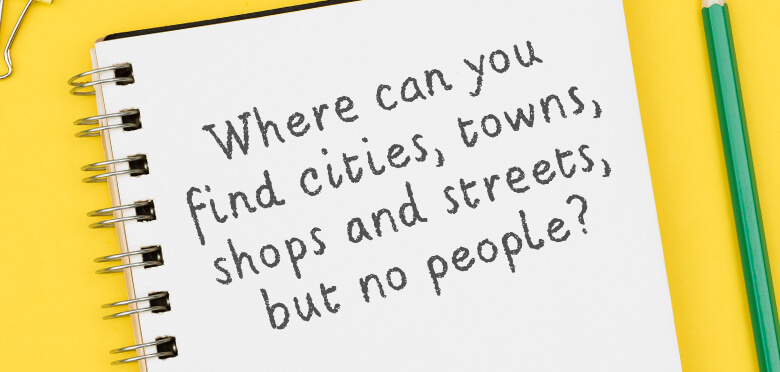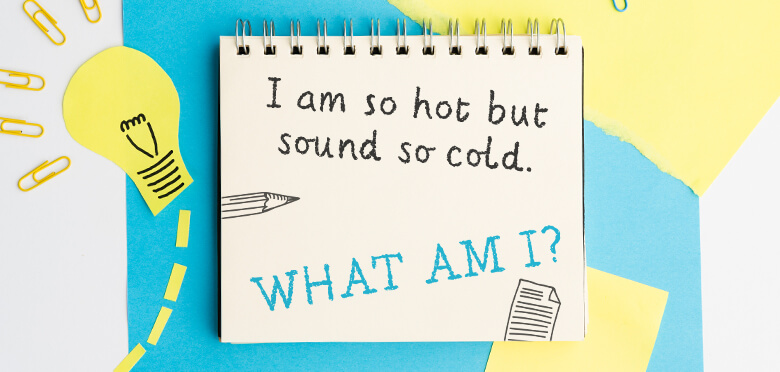Riddles for brain development
Everyone loves a good riddle! Riddles are more beneficial to the brain than people realize because they develop our critical thinking skills. They are also an excellent way to relax and unwind after a big day at work. People bring riddles out at social gatherings because they can be a fun way to engage or frustrate family and friends! Regardless of when you use riddles, there are various benefits to regular brain exercise activities. These include:
- Boosting memory and comprehension skills
- Improving concentration
- Slowing down brain age
- Providing a sense of accomplishment and satisfaction
Many of us don’t realize that regular brain training has an array of benefits for our overall health. All we have to do is look at the way children grow and develop by staying active and inquisitive. Children develop their reasoning and problem-solving skills by playing games and puzzles and sometimes we forget to keep our brains alert and active as adults.
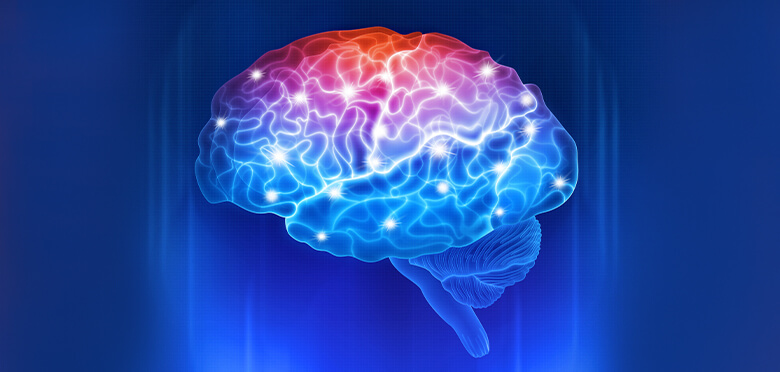
Benefits of riddles for kids
The best thing about riddles is that ‘Aha’ moment when you finally figure them out, which is why riddles for kids are a great tool to use to help them learn. Some riddles are humorous, and others are educational. Teachers have used games and puzzles for centuries to inspire kids in the classroom to tackle problems by examining them from various angles. Riddles for kids are a means to improve their comprehension and creativity – some riddles rhyme while others teach kids new words and concepts.
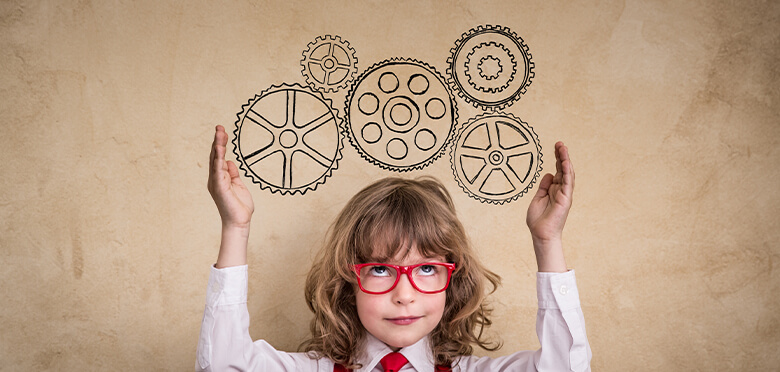
Young minds need to stay active to develop their perception skills and creativity. We all know that kids can get bored easily. Riddles are a great way to get kids’ attention because they are short and easy to read. It doesn’t necessarily mean that they are easy to understand. The more time kids spend trying to decipher a problem, the better it is for their critical reasoning skills. So how will kids benefit from doing regular riddles? Here’s how:
- Kids like to be amused – finding riddles that have a bit of humor in them will get kids interested in the topic and chances are, they will also have fun in the process.
- Providing kids with “food for thought” gives their brains a workout. The more they think, the more possibilities they will come up with. This is perfect for developing problem-solving skills.
- Riddles help improve literacy and comprehension. This is because in order to solve a riddle, a child has to first understand the full meaning of the words on the page.
- Riddles help children interpret complex concepts because most of the time they have to think outside of the box to get to the solution.
- Kids who solve riddles regularly develop their vocabulary skills.
- When kids are participating in problem-solving as a group, they are creating bonds with their peers, but also breaking out of their comfort zones.
- Riddles can be a great icebreaker in a classroom setting, or even at a party!
- The likelihood of kids sharing a riddle with their family or friends is high, especially if they want to show us that they know the answer. Encouraging riddle-sharing time is a playful way to get your kids to share what they have learned.
Answers
1. Four (4)
2. Candle or a pencil!
3. An egg
4. On a map
5. A chilly



